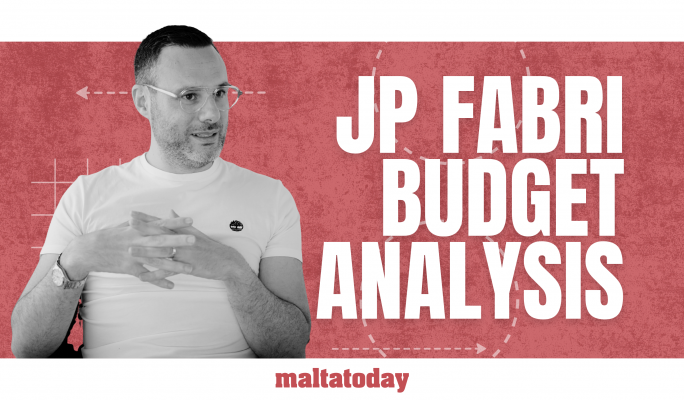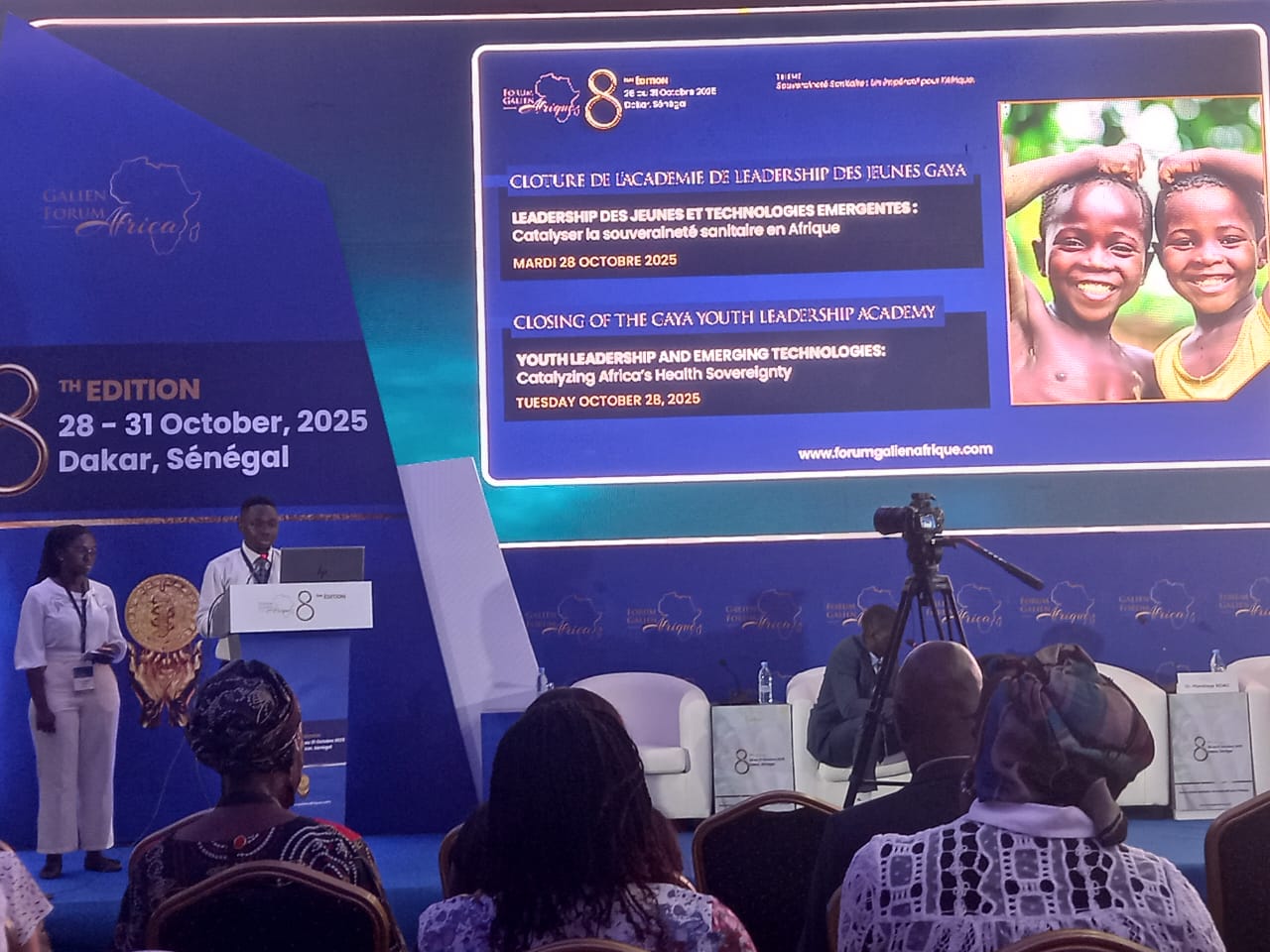Copyright maltatoday

Budget 2026 arrives at a defining moment for Malta’s economy. Growth remains robust, employment is high, and public confidence steady. Yet behind this reassuring picture lies a sense that the country is coasting rather than steering; sustaining momentum, but not yet setting a new direction. The budget is careful, compassionate, and calibrated to protect households and businesses in uncertain global times. It provides comfort where it is needed most. But it also reveals a familiar tension between short-term relief and long-term renewal. Malta has built a model that prizes stability. This year’s budget stays true to that tradition. Energy prices remain frozen, families receive meaningful tax relief, pensions and benefits are raised, and businesses continue to access targeted support. These measures are politically and socially sound. They maintain cohesion at a time when inflation, housing pressures, and global uncertainty could easily unsettle it. Yet stability alone cannot substitute for strategy. Malta’s fiscal resilience depends not only on revenue, but on reform. The fiscal framework projects growth and a narrowing deficit, both plausible but dependent on continued buoyancy and subsidy control. The choice to maintain universal energy support has undoubtedly protected households, but it has also absorbed resources that could have been channelled into energy transition and productivity-enhancing investment. The challenge is no longer whether Malta can afford subsidies, but whether it can afford to remain dependent on them. Socially, this budget stands out for its ambition. The family tax reform is one of the most significant in recent years; generous, progressive, and long overdue. It recognises that families are under strain, that affordability and fertility are now economic issues, and that working parents need tangible relief. It offers both financial space and a signal of fairness. Yet the real test will be impact. Tax cuts alone will not reverse demographic trends or boost labour participation without complementary measures in childcare, housing, and flexible work. Malta has taken an important step forward; it must now build the ecosystem that makes family life sustainable in practice, not just in policy. The same balance applies to the business measures. Expanding MicroInvest, introducing new investment credits, and strengthening R&D incentives are all positive moves. They support the backbone of the economy and help smaller firms upgrade technology and skills. But the path to long-term competitiveness requires more than continuity, it requires transformation. Productivity has plateaued, private investment in innovation remains among the lowest in Europe, and the economy’s structure is still weighted toward construction, services, and labour expansion. The opportunity now lies in using these fiscal tools to accelerate a shift toward higher-value sectors, from digital manufacturing to life sciences and sustainable mobility. The direction is right; the pace must quicken. Education and skills sit at the heart of that transformation, yet remain the country’s quietest reform frontier. The Budget acknowledges the importance of digital and green skills, but education policy still lacks the coherence to match economic ambition. Malta’s future growth will not depend on how many people it employs, but on how capable they are. The goal must be a lifelong learning culture that moves beyond credentials to creativity; producing not only workers, but thinkers, technicians, and innovators who can adapt in a fast-changing world. Energy and climate policy reflect Malta’s central dilemma: the desire for stability clashing with the necessity of transition. Keeping energy prices stable has maintained social calm, but it has also delayed decarbonisation. With subsidies still absorbing a significant share of expenditure, the country must begin a gradual but firm shift toward targeted support, renewables, and efficiency. The Budget’s references to new solar and offshore wind projects are welcome, but Malta’s credibility will depend on execution. The energy transition should be viewed not as a cost, but as an investment in competitiveness; the foundation of a self-sufficient, future-ready economy. Housing remains the most visible social pressure point. Rent support and first-time buyer incentives continue to provide short-term relief, yet Malta’s housing model remains driven by demand-side support rather than structural reform. With land scarcity and speculative pressures mounting, affordability cannot be achieved through subsidies alone. Regeneration, planning reform, and sustainable urban development must become central to housing policy. A forward-looking approach would treat housing as both an economic and social asset; one that strengthens communities, enhances liveability, and supports families rather than burdening them. Healthcare funding remains solid, underscoring Malta’s commitment to equity and universal access. New clinics, hospitals, and community care facilities will expand capacity, yet the next phase of progress must focus on prevention and efficiency. Ageing and chronic disease will increasingly define the fiscal landscape. Investing in digital health, data integration, and behavioural prevention can reduce long-term costs while improving outcomes. Health should no longer be seen merely as expenditure, but as productive infrastructure, the backbone of human capital. Infrastructure continues to dominate public investment, visibly shaping the island’s landscape. Roads, ports, and public transport improvements feature prominently, but the system remains reactive rather than strategic. Congestion, fragmented planning, and car dependency persist. Malta must evolve from building more to managing better. Infrastructure policy should be guided by integration; connecting transport, housing, and environment into a coherent national mobility plan. Success will depend not on kilometres built, but on efficiency, accessibility, and quality of life achieved. Beyond the visible projects lies a quieter but decisive factor: governance. Institutional quality determines how effectively policy becomes progress. The budget speaks of efficiency and digitalisation but avoids deeper reform. As both the European Commission and the IMF repeatedly note, governance and delivery capacity remain Malta’s structural bottlenecks. Transparent procurement, independent oversight, and policy coherence are not administrative luxuries, they are preconditions for sustainable growth. Long-term projects such as the logistics hub, aviation cluster, and life sciences park point toward a more diversified economic future. Each carries potential to elevate Malta’s position as a regional innovation and connectivity hub. The risk is execution, that these initiatives remain projects on paper rather than engines of transformation. To succeed, they must be integrated into a coherent economic narrative, underpinned by talent, technology, and trust. Overall, this is a budget that reassures more than it reinvents. It reflects a government intent on maintaining balance; fiscal, social, and political; in a period of global flux. It offers real benefits to families and businesses and reinforces the country’s tradition of social stability. But it also sidesteps the structural shifts that Malta’s maturing economy now demands. The time has come for Malta to evolve from managing prosperity to shaping it. Stability is valuable, but strategy is vital. The next phase of the Maltese story will depend on courage, the courage to reimagine the model that has served the country well but is showing its limits. Reform, innovation, and institutional credibility are not abstract ideals; they are the conditions for sustained progress. Budget 2026 succeeds in preserving confidence, but it postpones transformation. It will definitely be labelled as one the most socially ambitious budgets. However, the question now is whether future budgets will continue to protect comfort or begin to create structural change. Malta’s success has always been built on adaptability. The coming years will test whether that adaptability still defines it.



